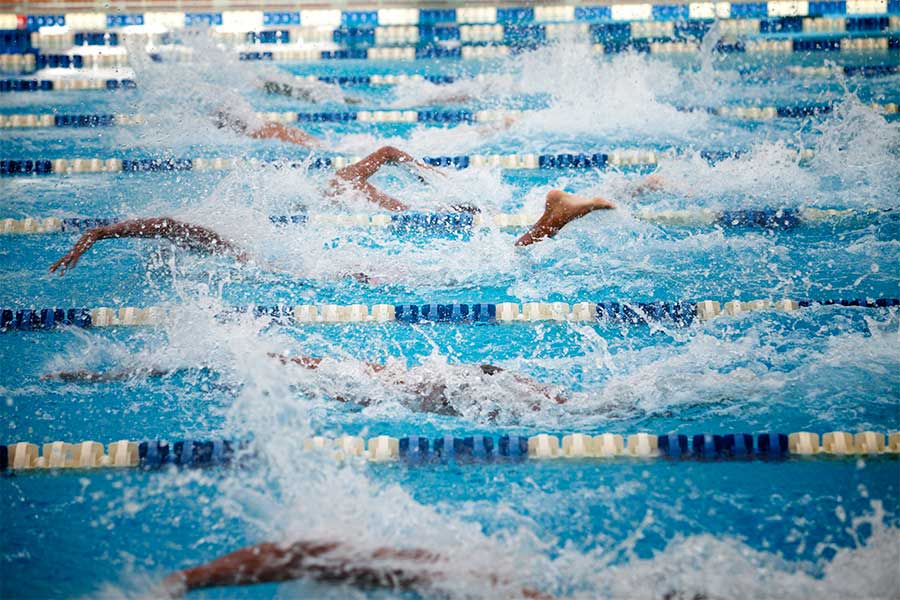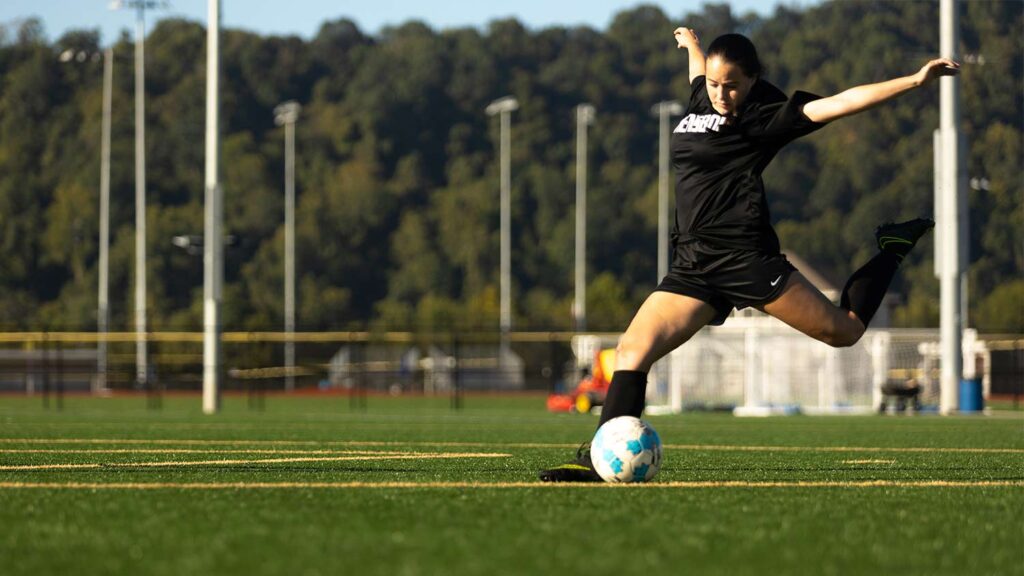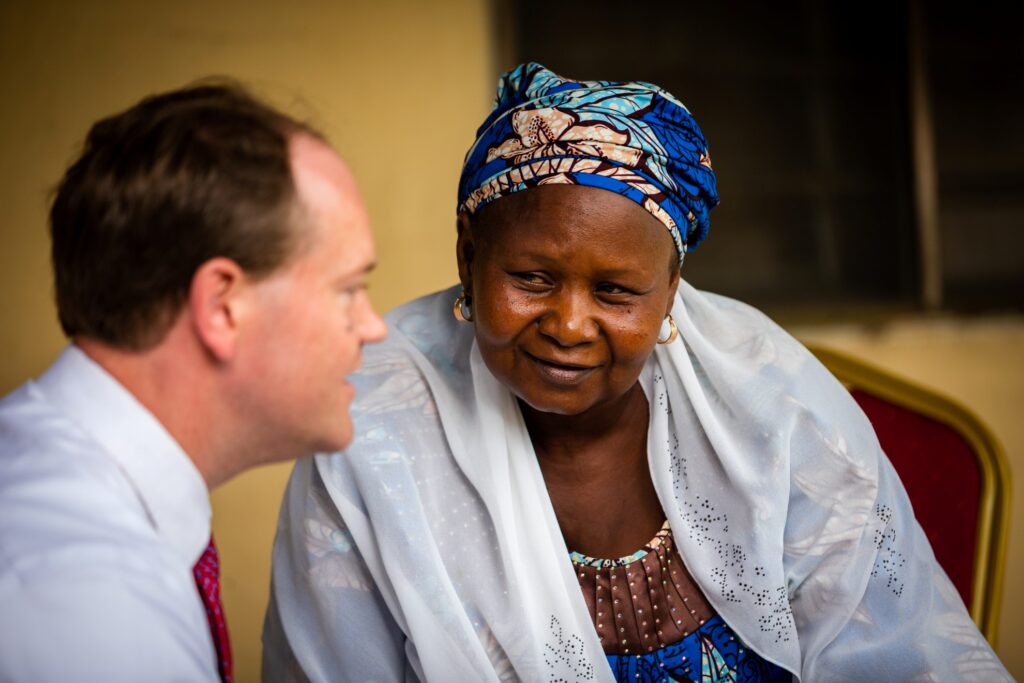
Why do we honor athletes like Jackie Joyner-Kersee, the first American woman to win gold in both the long jump and heptathlon?
Why do we retell stories of watching Mary Lou Retton score a perfect 10 on two vaults at the 1984 Olympic Games?
Why do we admire Katie Ledecky’s record-breaking accomplishments and seven Olympic gold medals?
Because of what the Olympics represents.
At its best, the Olympics is a fair athletic competition among the best of the best from each country. No grading on a curve. No head starts or bonus points for participation.
The best male athletes have always faced off against each other, and the same for female athletes. Why?
Because we all know—every one of us—that if we are attempting to create a fair playing field, we must start with the basic reality that male athletes have God-given physical advantages. Ignoring that fact would rob vast numbers of female athletes of opportunities they’ve earned and deserve.
Jesse Owens famously dominated the 1936 Olympics, winning four gold medals in track and field. He won the 100-meter dash with a time of 10.3 seconds. American Helen Stephens won the 100-meter race on the women’s side, clocking in at 11.5 seconds.
Owens was clearly faster than Stephens, but so was Bernard Marchand of Switzerland, who finished at 11.2 seconds, which wasn’t fast enough to advance even to the quarterfinals for the men’s competition.
Denying science and biology—denying reality—has consequences.
Olympic officials knew this in 1936, but they seem to have forgotten in recent years.
Since 2015, the International Olympic Committee (IOC) has allowed men to compete in women’s sports starting with Laurel Hubbard in the 2020 Olympics. But in 2021, the IOC changed its previous testosterone suppression requirement—a policy that had been in place since 2015—and will now allow the governing body of each sport “to determine how an athlete may be at a disproportionate advantage against their peers, taking into consideration the nature of each sport.”
This was not a step toward increased fairness. In fact, the IOC’s inaction will decrease fairness by further allowing males to compete against females.
When the IOC pointedly refuses to acknowledge the fundamental truth that male and female athletes are different, it’s young women who pay the price.
The price for the IOC’s attempt at furthering a misguided notion of “inclusion” is that women could very well be displaced from the medal stand at this year’s Olympics.
The science is clear. Multiple studies—and the evidence before your eyes—clearly show that male athletes have a significant physical advantage over female athletes in nearly every sport. Yet the IOC’s inaction has left the decision up to the governing bodies of each sport.
While some of these organizations have acted to protect basic fairness for their female competitors, many have not.
What will the IOC say if—or more likely when—an unknown or unranked male athlete suddenly wins gold in a female event?
It’s hardly speculative. In fact, in a single year, thousands of male athletes, including some under 18 years old, ran 400-meter times that were faster than the personal bests of U.S. Olympic gold medalists Sanya Richards-Ross and Allyson Felix.
Simply put, we could watch a male rob a female competitor of a gold medal on sports’ biggest stage this summer.
Sadly, this year’s Olympics could also include devastating injuries caused by male athletes who have no business being on the same court or field as female teammates or opponents.
Even among younger athletes, schools and leagues that have allowed this have invited tragic injuries that have derailed careers and even forced teams to forfeit games due to the number of injuries.
Beyond the unfairness and safety concerns on the field of play, what will the IOC say to female athletes who are forced to dress and undress in locker rooms with males?
Will those wishing to protect their privacy be forced to use crowded bathrooms? Or, like swimmer Riley Gaines, will they be pressured to just endure the indignity?
Males do not belong in private spaces set aside for females. When they show up, these spaces are no longer “private.”
The Olympics set the standard for athletic excellence and achievement. As the organization that governs the world’s largest sporting event, the IOC should not be punting on something so important as this. It has a responsibility to protect women’s sports and uphold the basic dignity of every female athlete.
Let’s hope the IOC acts to prioritize fairness, safety, and privacy for female athletes over promoting a radical ideology.

-150x150.png)
.png)



